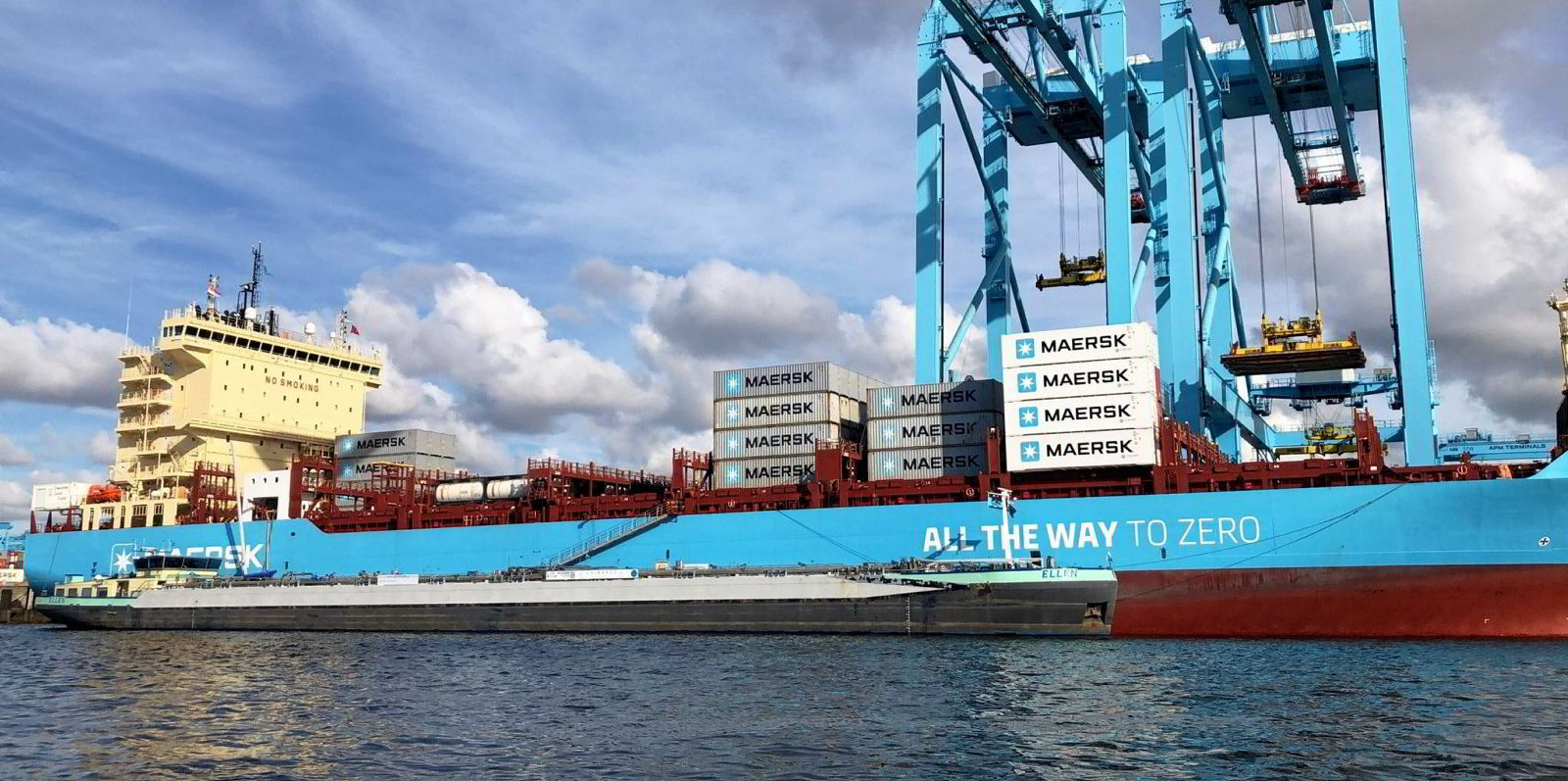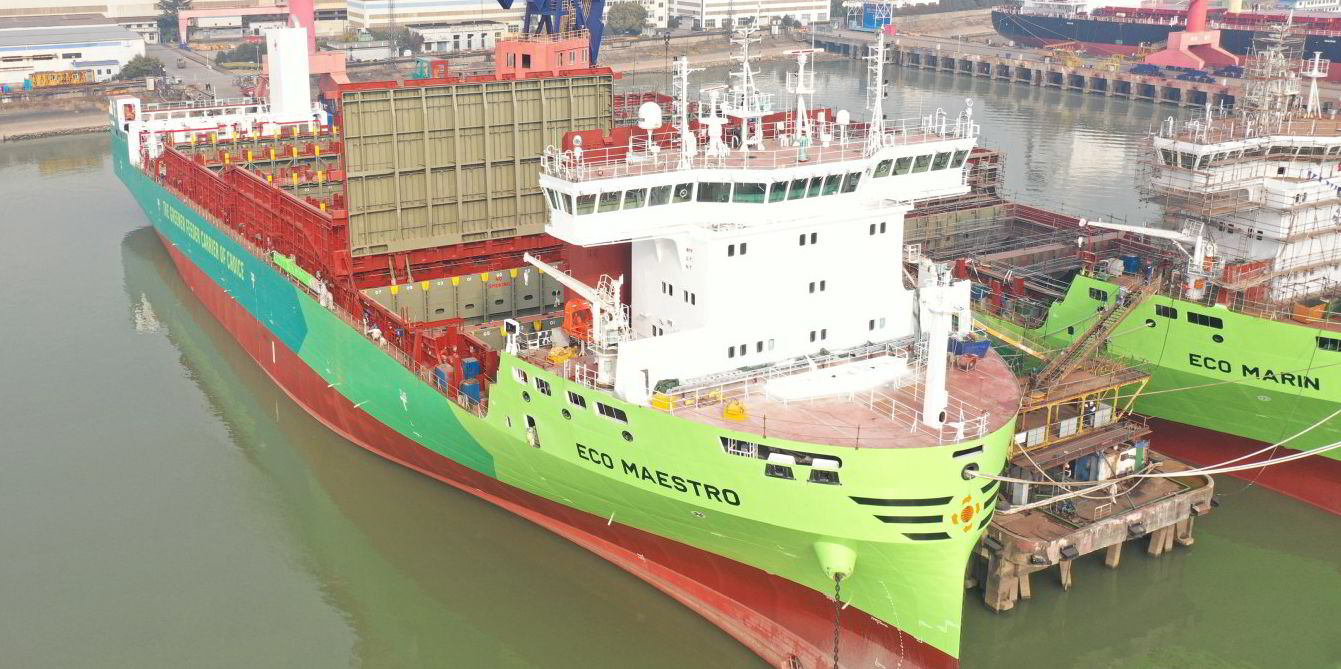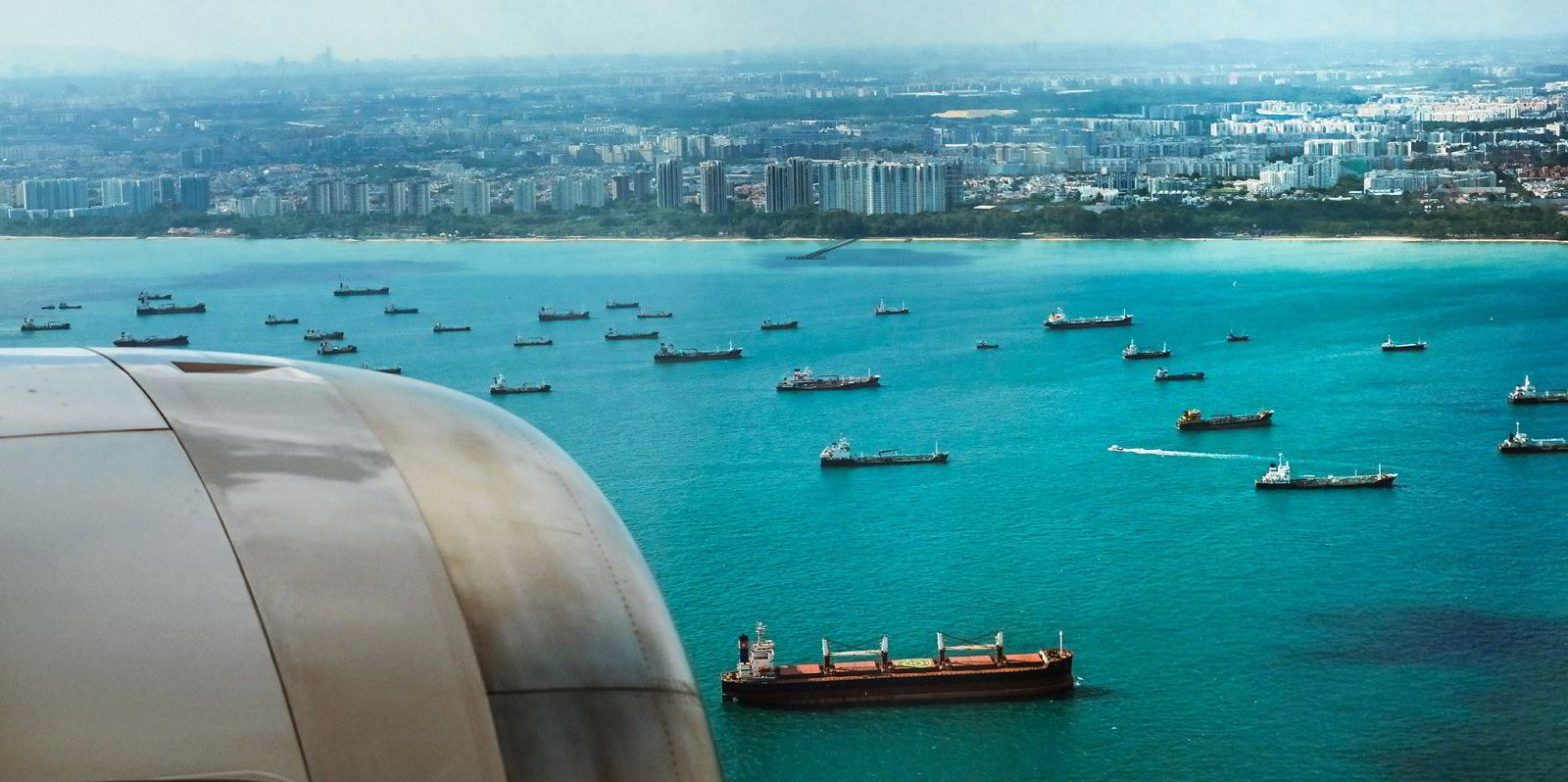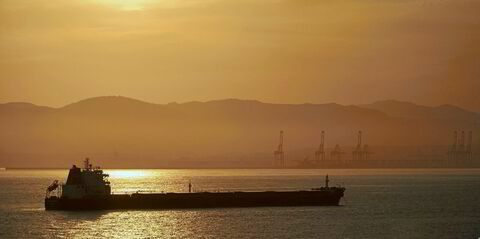Cheaper bunker prices in Singapore resulted in fewer vessels calling at Rotterdam in 2023 to buy fuel, the latest data shows.
Ships bunkered 9.9m tonnes last year at Europe’s top bunker port compared to 10.6m tonnes in 2022, the Dutch port confirmed.
“With that, the demand for fuel oil, marine gas oil and other fuels was 6.7% lower than in 2022,” Port of Rotterdam said in a statement.
“The decline is mainly caused by fewer sea-going vessels arriving in Rotterdam and because the price of bunker oil was temporarily more favourable in Singapore,” it added.
Singapore recently reported that bunker sales reached a new annual record of 51.8m tonnes last year, surpassing the previous record of 50.6m tonnes supplied in 2017.
The Dutch port said only LNG bunkering rose significantly, from 406,599 cubic metres to 619,243 cbm, which was largely to do with developments in the price of LNG.
The Port of Rotterdam said the demand for bunkers mixed with biofuels also dropped, declining from 790,851 tonnes to 751,638 tonnes in 2023.
Last year, the number of sea-going and inland vessels calling at the port of Rotterdam fell significantly, from 29,029 to 27,886 and from 97,459 to 89,183, respectively.
The Port of Rotterdam was the first port in Europe where LNG bunkering was possible, while it also claims to be the first port in the world where barge-to-ship bunkering of methanol took place.
One of the highlights for 2023 saw the Port of Rotterdam complete its first bunkering of biomethanol on the 2,100-teu Laura Maersk (built 2023).
The port anticipates that the first ammonia-powered vessel to arrive at the port will do so in 2025 and that preparations for this are well underway.
By early 2026, the Port of Rotterdam Authority and the Port of Antwerpen-Brugge Authority plan to have all bunker vessels use officially accepted bunker measurement systems.
With this measure, the port authorities aim to make the Amsterdam-Rotterdam-Antwerp bunker market more transparent, efficient and reliable.





